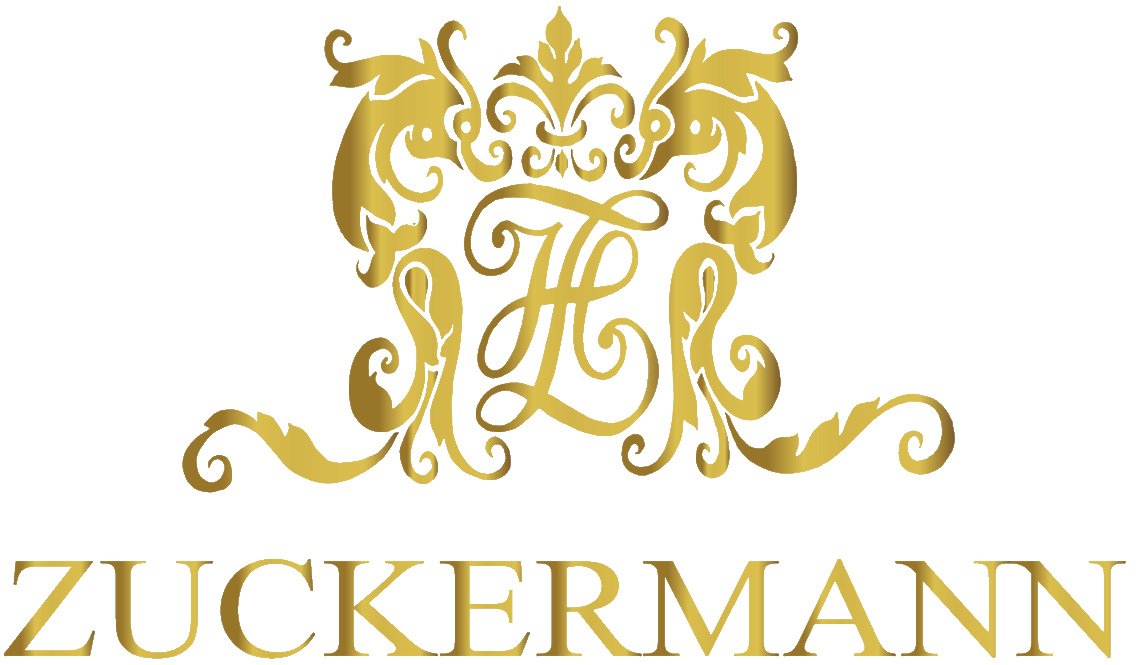D. Jacques Way 2014 Double Manual German Harpsichord
A fine example of the German-style, double-manual harpsichord after Christian Vater as conceived of by David J. Way (owner of Zuckermann from 1970-1994) who desired to design the perfect instrument for serious music professionals and students that would have the all-of-Bach range, GG-d’’’ without needless decorative frills to drive up the price. Nevertheless, the exquisite cherry case with its double bent side and handsome stand is as beautiful as it is austere. The unique musical quality and the richness of the ebony keyboards, keep the players interest and inspire one to play on. The sound derives from all-brass scaling which was retained from the original single-manual antique housed in Neremberg, Germany. The case was enlarged slightly to increase the range in the bass and to accommodate the second keyboard. We also make a single-manual version of this harpsichord. This double is being sold for our very dear friend and customer who traded it in against a new instrument. It is in concert-ready condition and can be tried out on our showroom floor in Stonington.
The following is from the catalog description:
The most exotic examples of 18th-century German harpsichord building come from the north, particularly Hamburg, where builders like the Hass family experimented with 16' and 2' stops as well as instruments with three keyboards; but those large, complex machines are really exceptional to the mainstream of European harpsichord building. The one surviving harpsichord by Christian Vater of Hannover, dated 1738, now housed in the Germanisches Nationalmuseum in Nuremberg is a much more modest, conventional and generally useful instrument. With its original 2 x 8' disposition on a single keyboard, and with the small range of the original expanded to GG-d''', our version of this venerable antique is equipped to play almost the entire harpsichord literature.
Like French harpsichords, German instruments were also influenced by Flemish models. But unlike the French, who gave up their thin-case 17th-century designs for the heavy-case Flemish models, the Germans retained the lighter construction, and their graceful, double-curved bent sides as well. Hence, the Vater has a certain slender elegance that is denied to the heavier Flemish and French instruments. With its fairly wide compass and all-brass stringing, the transparent but powerful sound is particularly appropriate for the music of J. S. Bach. It is transposable to three different pitch levels.
Disposition 2x8', buff; stop levers on wrestplank
Range 56 + 2 notes, GG-d'''; transposable A392/A415/A440
Dimensions app. 78" x 35"
Weight app. 120 lbs.
Action reverse keyboards with ebony naturals, bone-slipped sharps and pearwood arcades; wooden jacks
Wood case in prime American cherry; oak wrestplank; Swiss pine soundboard
Stand turned trestle-style stand in premium American cherry
Other features:
Case in naturally finished premium American cherry
Adjustable folding music desk, lid stick matching the case
Price $28,750






